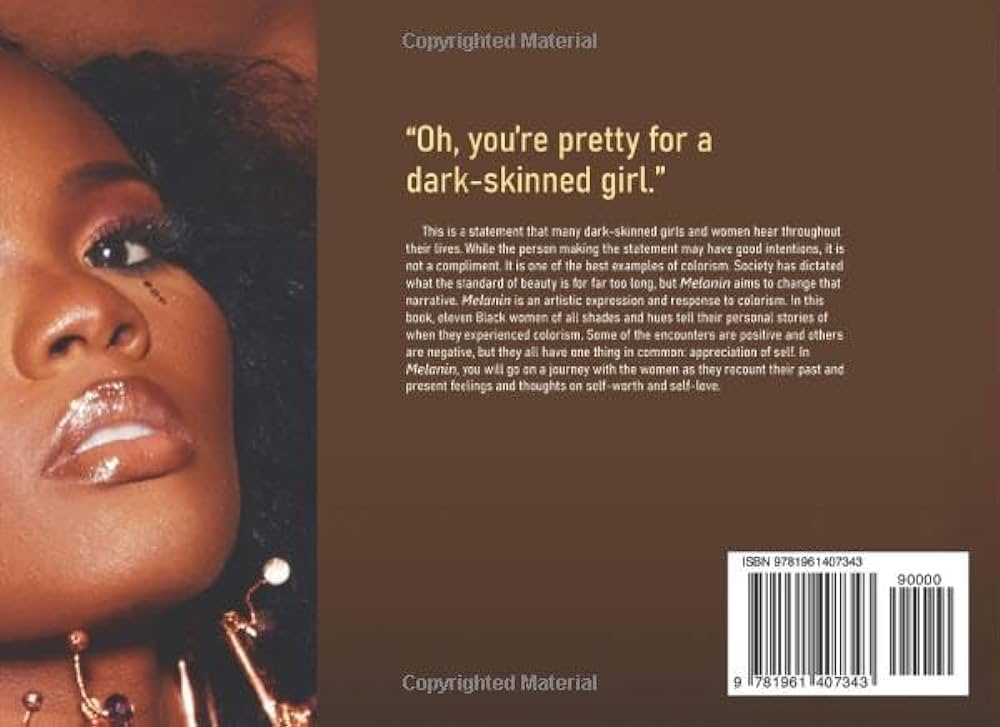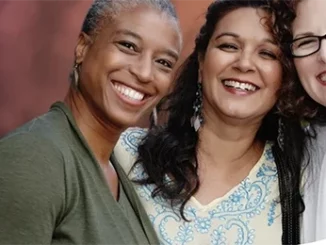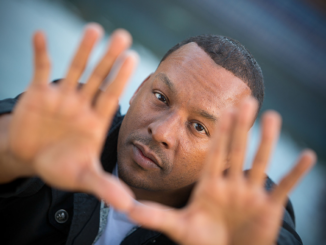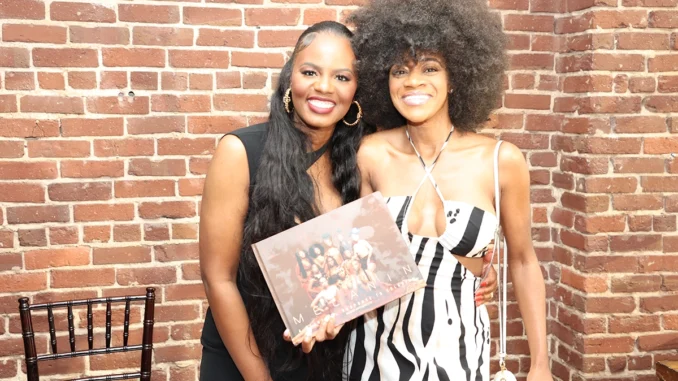
By Staff
Marie Antoinette
What inspired you to become an author?
I was inspired to create a book and share my story because a dark skinned woman in a fabric store told me that I was pretty for a dark skinned girl. This was not the first time that I heard this but I hadn’t heard that in years. It was at that moment that I knew it was time to have a conversation. I think a lot of times people may not know what to say or what’s offensive. Certain experiences are teaching moments and that’s what I wanted to do…educate through artistic expression.
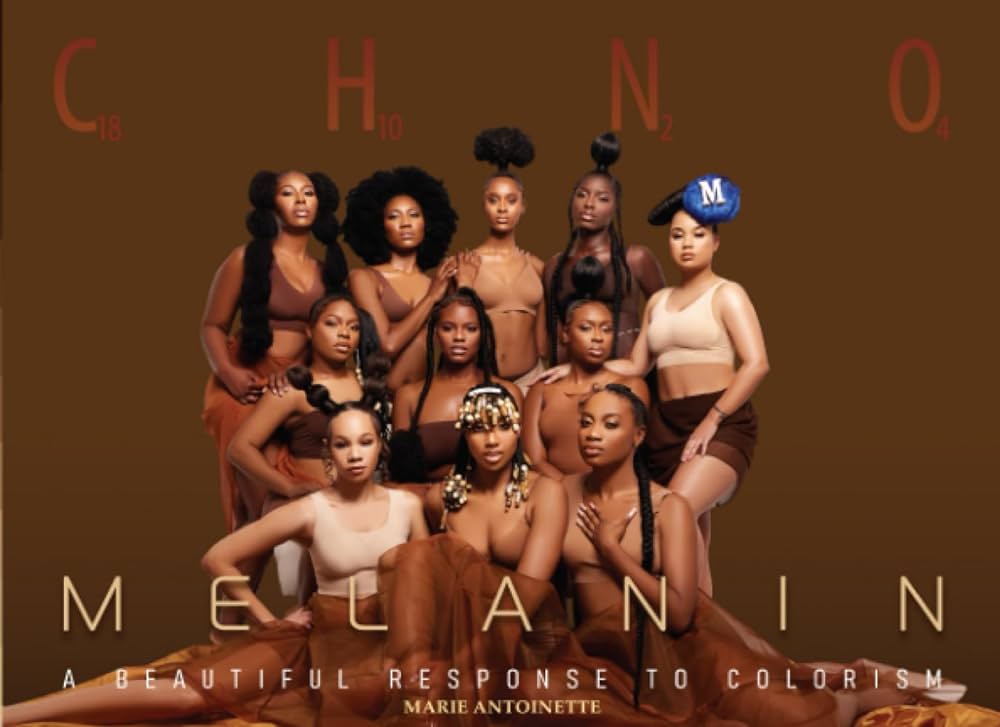
Tell us about the most memorable response that you’ve received about your book.
Many of the responses brought me to tears because people let me know that they felt seen and some shared their personal stories with me. However, the most memorable was a little chocolate girl that was in the audience at one of my events. She was staring at the beautiful images in admiration. She later shared that she gets teased at school because of her complexion. That experience confirmed to me that this book will serve its purpose. She didn’t say this, but I felt that when she looked at the book she didn’t feel alone and seeing beautiful women of different shades that included her complexion gave her confidence.
How have you grown from producing such an impactful product?
I have grown from this project/product by allowing myself to be vulnerable and to
not care about what anyone has to say or think. In the book we show a lot of skin. That was intentional to allow black women to bask in their femininity. It was risky because I know some people may sexualize the images, but I didn’t care. I had a vision and executed it. That’s growth for me.
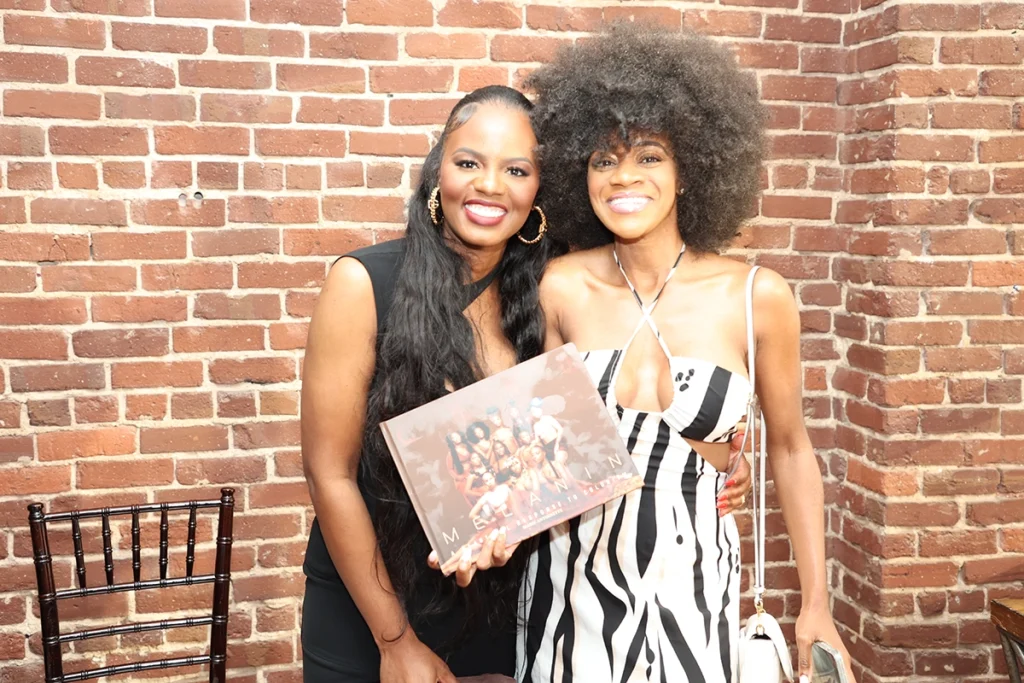
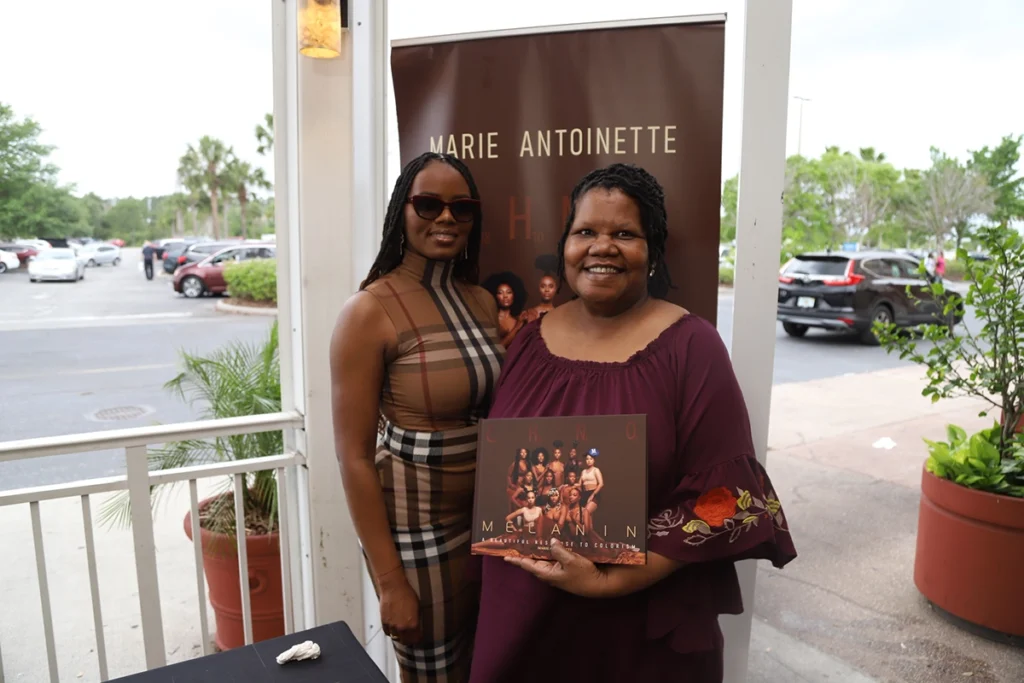
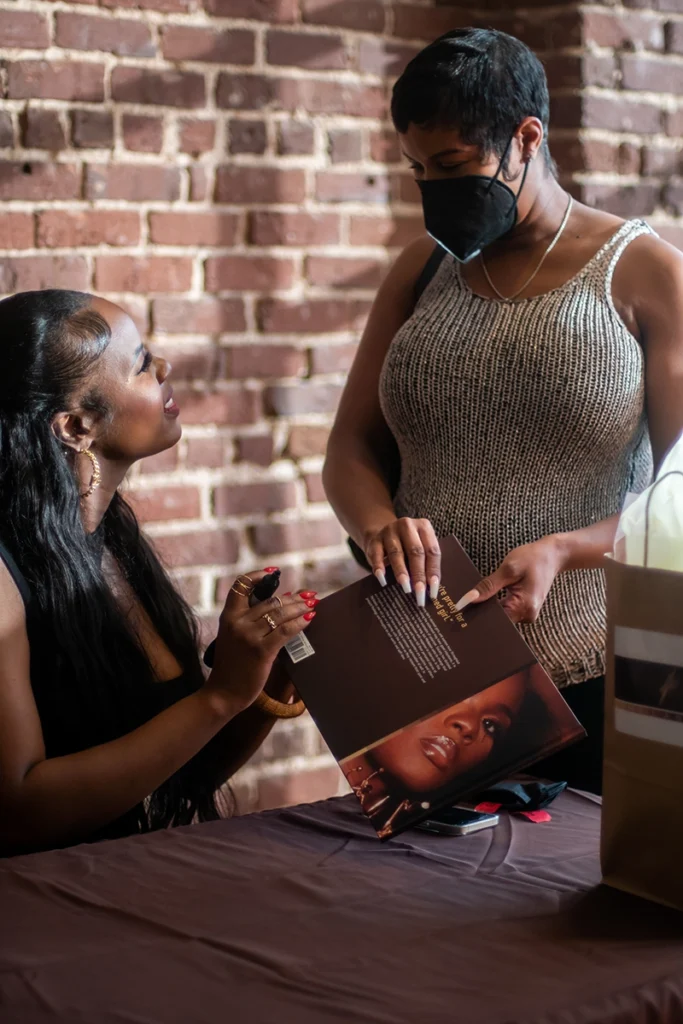
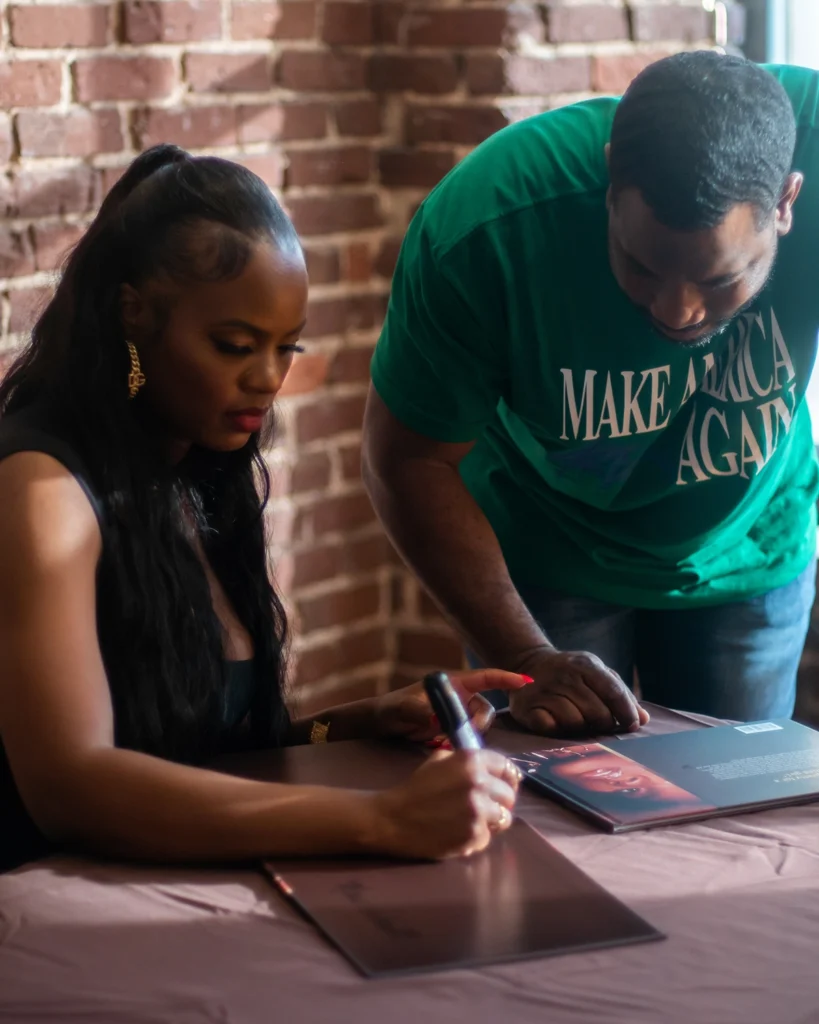
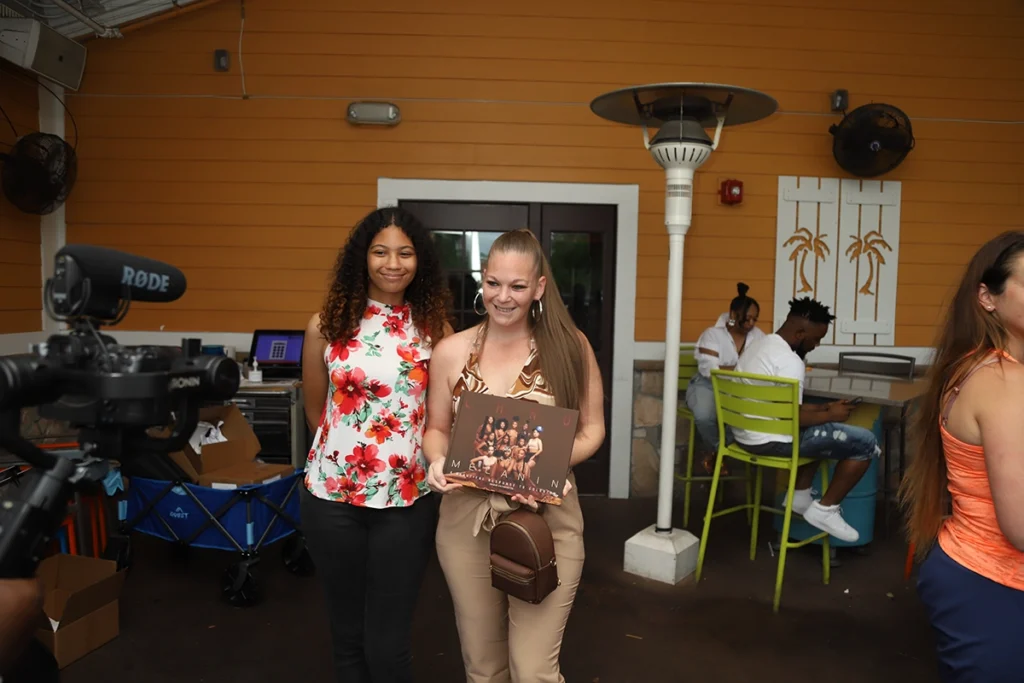
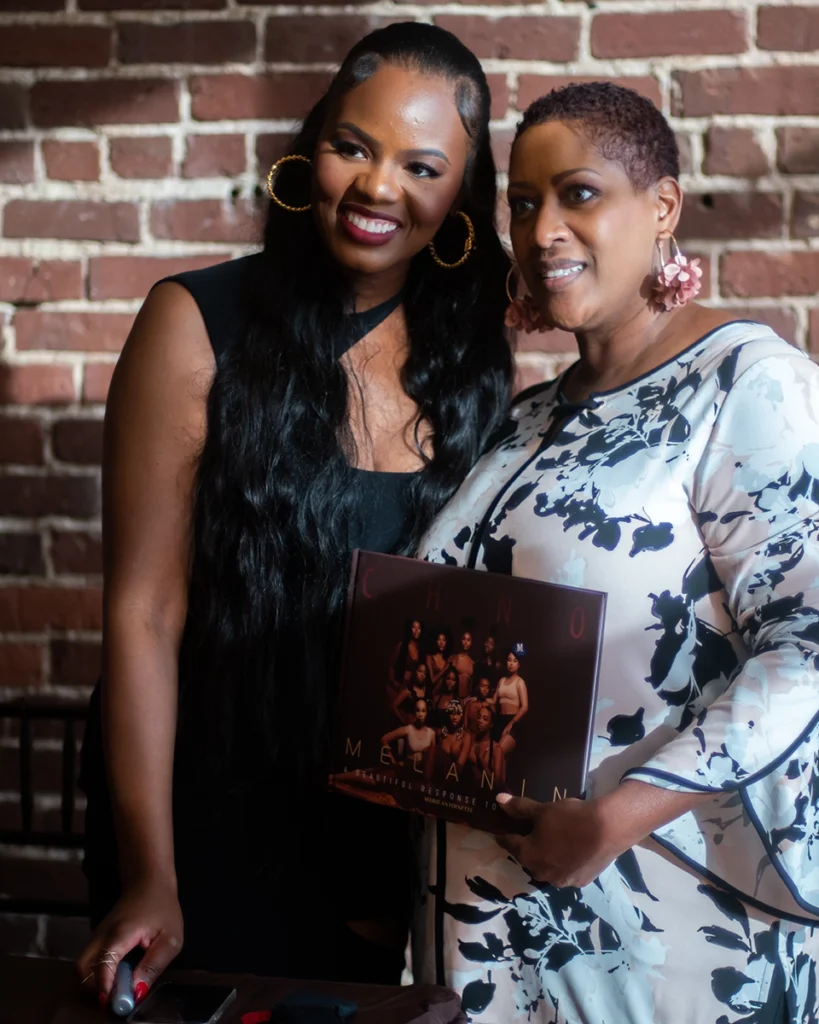
Why is this product line so personal for you?
The MELANIN movement is personal for me because I have been black my whole life. Colorism is something I have experienced daily at times. This phenomena runs so deep to the point it can effect your psyche. So I want to contribute in changing the narrative.
Why do you feel that colorism is still vibrate in society today?
Colorism is still prevalent today because there is STILL beauty standards that are not always inclusive. Skin bleaching industry is still a billion dollar industry in the world. That alone tells you that in today’s society there is this undercurrent of value on lighter skin.
What does success look like for you regarding this book project?
Success for this book project would be to have this book in millions of home as decor and a conversation starter. To educate the older generation and the younger generation on colorism and to have discussions about this in public schools.
What’s next for your creative journey?
Next on my creative journey is to continue to produce the docuseries of MELANIN and eventually do a 2nd and 3rd edition to the coffee table book. The topic has so many layers and I am ready to cover all of them.



